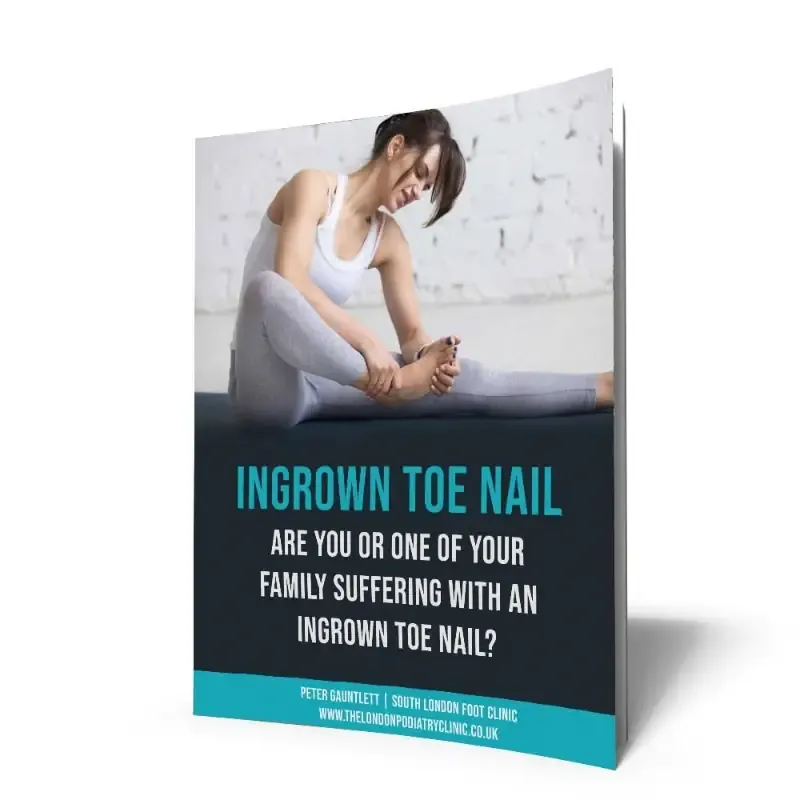Introduction: Running is not just a sport; it's a journey of self-discovery, pushing boundaries, and achieving goals. Whether you're gearing up for your first marathon or lacing up your running shoes for a leisurely jog around the block, one thing remains constant: the risk of injury. But fear not! With the right knowledge and precautions, you can minimize the likelihood of running-related injuries and maximize your enjoyment of this fantastic activity.
Understanding Running Injuries: Before we dive into prevention strategies, let's take a moment to understand the common culprits behind running injuries. Overuse, improper technique, inadequate footwear, and training errors are among the top contributors to injuries such as shin splints, tendinopathies, plantar fasciitis, and stress fractures. Recognizing these risk factors is the first step towards injury prevention.
Proper Footwear Selection: Invest in high-quality running shoes that provide adequate support and cushioning for your foot type and running style. Suggest visiting a specialty running store for professional fitting to ensure the shoes match their specific needs or have a gait analysis with a podiatrist.
Gradual Progression: Increase your mileage and intensity gradually to allow their muscles, tendons, and bones to adapt to the demands of running. Sudden spikes in training volume can increase the risk of overuse injuries. If you are new to running the 'Couch to 5k' running app is excellent.
Warm-up and Cool-down: warm up before running with dynamic stretches and movements to prepare the muscles for activity.
- Increases blood flow to muscles, delivering oxygen and nutrients for optimal performance.
- Raises the body's core temperature, enhancing muscle flexibility and reducing the risk of injury.
- Activates the neuromuscular system, improving coordination and reaction time.
Start with Dynamic Movements: Gone are the days of static stretching as the go-to warm-up routine. Instead, focus on dynamic movements that mimic the motions of running. These movements help lubricate joints, activate muscles, and mentally prepare you for the activity ahead. Here are some dynamic warm-up exercises to try:
- Leg swings: Stand tall and swing one leg forward and backward in a controlled motion, gradually increasing the range of motion.
- High knees: Jog in place while lifting your knees towards your chest, alternating between legs with each repetition.
- Butt kicks: Jog in place while kicking your heels up towards your glutes, aiming for a gentle stretch in the front of your thighs.
Incorporate Plyometrics: For an added boost, consider incorporating plyometric exercises into your warm-up routine. Plyometrics, or explosive movements, help improve muscle power and agility, making them perfect for runners. Examples of plyometric exercises include:
-
-
- Jump squats: Lower into a squat position, then explode upwards into a jump, landing softly back into the squat position.
- Lateral bounds: Leap sideways from one foot to the other, focusing on landing with control and balance.
- Skipping: Skip forward, focusing on generating power from your calves and maintaining an upright posture.
- Walking lunges: Take a large step forward into a lunge position, then push off your front foot to return to standing and repeat with the other leg.
- Arm circles: Extend your arms out to the sides and make circular motions with your arms, gradually increasing the size of the circles.
Strength Training: Incorporating strength training exercises into their routine can help runners build muscle strength and endurance, improving overall stability and reducing the risk of injury. Focus on exercises that target the muscles of the lower body, core, and hips.
-
Cross-Training: Encourage runners to include cross-training activities such as swimming, cycling, or yoga in their weekly routine. Cross-training helps prevent overuse injuries by giving certain muscles a break while still maintaining cardiovascular fitness.
-
Listen to Your Body: Remind your patients to pay attention to any signs of pain or discomfort while running. Ignoring pain can lead to more serious injuries. Encourage them to rest if needed and seek professional help if pain persists.
-
Proper Nutrition and Hydration: Maintain proper nutrition and hydration for optimal performance and injury prevention. Proper fueling before and after runs can help support muscle recovery and reduce the risk of fatigue-related injuries.
To Conclude: By implementing these tips and strategies into your running routine, whether you're training for a marathon or just starting out, you can significantly reduce the risk of running injuries and enjoy all the benefits this exhilarating sport has to offer. Remember, consistency, patience, and listening to your body are key to staying injury-free on your running journey. following these tips, your patients can enjoy their running routine while minimizing the risk of foot and ankle injuries.
Click to book an appointment with us. We will be happy. to see you at the South London Foot Clinic

Bibliography



